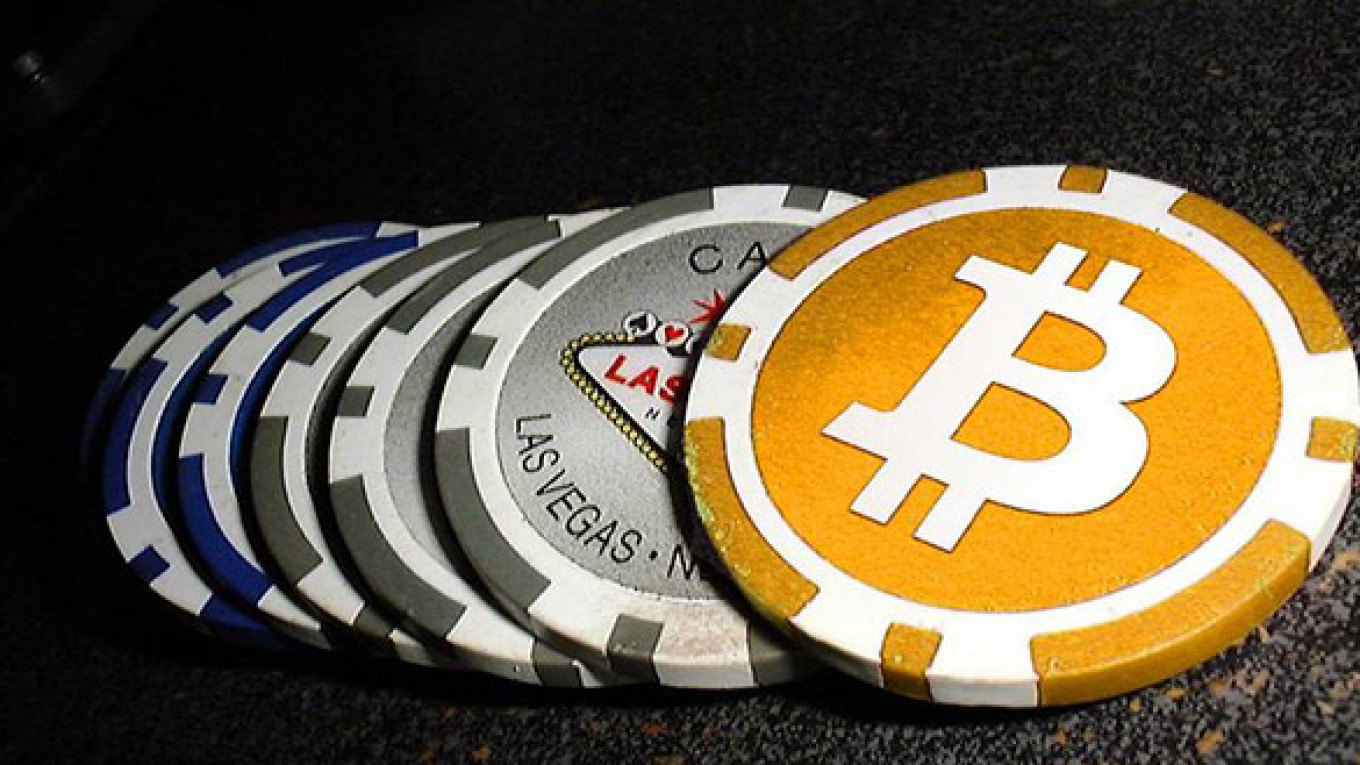Those who gamble and bet on sports are creatures of habit and don’t like to experience much change. However, technology is moving fast nowadays and is expected to bring some sizable changes to the gambling industry. These days, the big bet by businessmen in the know is on blockchain technology, which could be a game-changer.
If you’ve heard about blockchain technology before, that’s probably because it’s the linchpin for crypto-currencies like the popular Bitcoin. Although many people felt that Bitcoin itself would be a revolutionary technology, it’s actually the innovation with blockchains could prove to be the more groundbreaking as it can have an impact across many industries.
If you’re not familiar with the news on blockchain, here’s how it works. Blockchain is a digital ledger, which records all of the transactions that have been executed via blocks. As more transactions are executed, more completed blocks are added in a linear fashion. That way everything is recorded in a chronological order. Every time a block is completed, a new block is created and linked to the previous one, thus making a chain. Then all of the computers that are on the network with access to the blockchain can see the records.
In simpler terms, think of it as a credit card statement: every time there’s a new transaction, it’s noted, itemized and saved in chronological fashion. Then if you want to look something up, you simply go back through time. Blockchains work the same way.
Why this is important is that blockchains – or permanent records – are shared digitally by all computers that access them. The parties involved can see everything that’s happening.
When most people think about online gambling and Bitcoins, the first thought is that it’s for players that want to be anonymous. However, the blockchain technology could prove to deliver completely the opposite, and allow for the one thing that has kept many governments from legalizing online gambling: regulation.
As of now, it’s hard to track who is betting what and where, and how much. As a result, governments don’t want to legalize online gambling casinos since many people might be vulnerable to addiction and big losses. But imagine that blockchain technology was implemented and each player was clearly visible to the government or a gambling regulation body. Then a system of checks and balances could be put in place to make sure players stay out of trouble.
“Blockchain – and common ledger technology – will allow governments to have transparent look into gaming operations to see the numbers,” says Darren Keane, CEO of Storm International, an international land-based casino operator with casino properties in many countries. “We haven’t had this type of technology in our history, but with blockchains, governments will be able to see betting volumes, frequency and so on if their computers are part of the ledger.”
The same kind of process is already in place in Las Vegas as they use player cards to track their gamblers to see who is winning and losing. For the online world, the blockchain could be that player card. As things stand right now, a lot of online gambling is unmonitored and completely unregulated. There are all sorts of risks involved with that – including a legal-versus-illegal game of cat and mouse where governments and police try to crackdown, track down delinquents and involve lawyers to prosecute criminals. All of this could be avoided if the system was brought to light, legalized and tracked.
Consider the other factor here that’s kept governments away from legalizing online gambling: tax collection. As of now, it’s tough for governments to get into the accounting books of casinos and sportsbooks and determine how much revenue has been made and what amount needs to be taxed. The same goes for players as often times winnings are not declared. However, if blockchain technology was implemented, then all of the sudden there is a clear archive of everyone’s action, including all of the winning and the losing.
“It will allow players to have exact figures on their gambling wins/losses for tax reporting purposes,” says Keane. “The government would have a real-time, 100% fraud-proof way of tracking the betting volumes. The savings on accounting costs would be enormous while fraudulent activity would be virtually eradicated.”
Storm International has announced interest in developing or investing in blockchain technology for casino industry.
Sounds like this is some type of idealistic, futuristic idea that’s off in the distance? It’s not. The British government is already discussing switching to the blockchain digital ledger to track things like tax collection, monitor benefits and even issuing passports. In Estonia, one of the most technologically advanced countries in the world, they already use blockchains for their citizens for government documents, checking the integrity and cross-referencing with government databases. Expect it to make its way into the world of business and many other industries – including online gambling.
Founder of SportingBet PLC and partner in Burlywood Capital, Mark Blandford, who is considered to be a pioneer and innovator in the gaming industry, has invested in a blockchain technology incubator Coinsilium. One of the companies they advise is Factom which is leveraging the blockchain technology to store and keep record of any file or application in unalterable form. This functionality could be applied to practically any industry and gaming is one of them.
For the past few years blockchain-related projects have seen big increase in investments. Governments and banks are increasingly looking into applying this technology. For example, Honduras is looking into putting their whole land registry on blockchain technology. Tech company R3 CEV has convinced more than 40 global banks – including Barclays, UBS and Wells Fargo – to join a consortium exploring distributed ledger technology.
Blockchain is a new kid on the block with a very promising future, and is worth keeping an eye on.
A Message from The Moscow Times:
Dear readers,
We are facing unprecedented challenges. Russia's Prosecutor General's Office has designated The Moscow Times as an "undesirable" organization, criminalizing our work and putting our staff at risk of prosecution. This follows our earlier unjust labeling as a "foreign agent."
These actions are direct attempts to silence independent journalism in Russia. The authorities claim our work "discredits the decisions of the Russian leadership." We see things differently: we strive to provide accurate, unbiased reporting on Russia.
We, the journalists of The Moscow Times, refuse to be silenced. But to continue our work, we need your help.
Your support, no matter how small, makes a world of difference. If you can, please support us monthly starting from just $2. It's quick to set up, and every contribution makes a significant impact.
By supporting The Moscow Times, you're defending open, independent journalism in the face of repression. Thank you for standing with us.
Remind me later.






